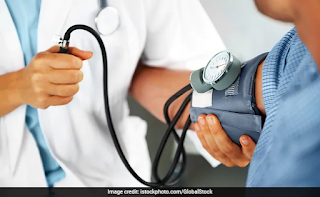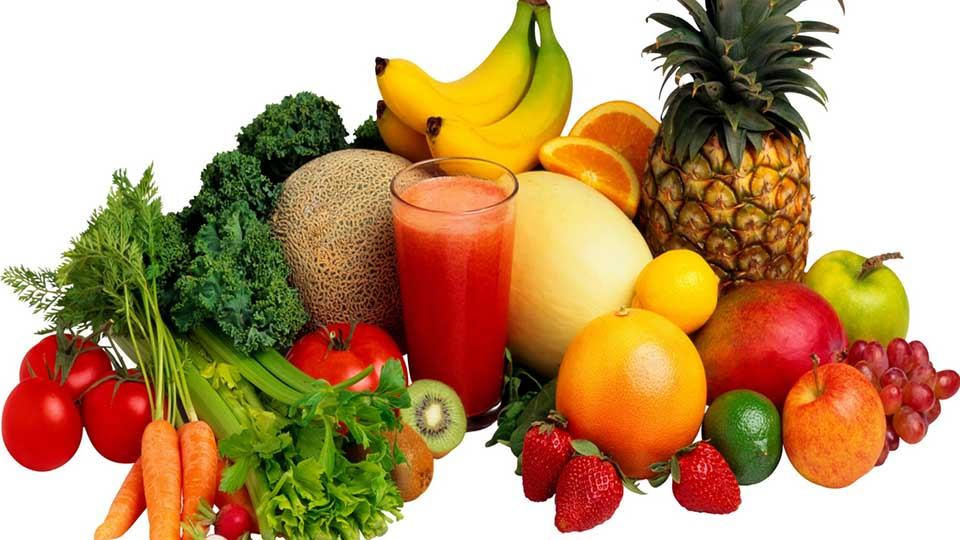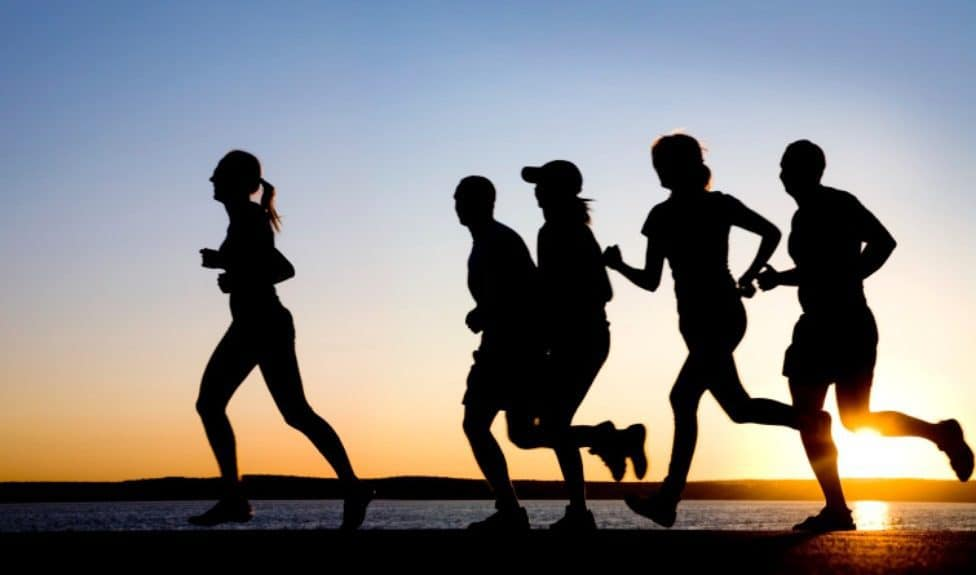Understanding Blood Pressure: Why It Matters for Everyone
Understanding Blood Pressure: Why It Matters for Everyone
Blood pressure (BP) is one of the most essential indicators of your overall health. It refers to the force of blood pushing against the walls of your arteries as your heart pumps. Both high and low blood pressure can have serious consequences if left unmanaged.
In this guide, we’ll explore:
What blood pressure is
The causes and risks of high and low BP
Prevention methods with lifestyle tips
Natural remedies and long-term health habits

What blood pressure is
The causes and risks of high and low BP
Prevention methods with lifestyle tips
Natural remedies and long-term health habits
What Is Blood Pressure?
Blood pressure is measured using two numbers:
Systolic Pressure (Top number): This shows how much pressure your blood is exerting against your artery walls when your heart beats.
Diastolic Pressure (Bottom number): This shows the pressure when your heart is at rest between beats.
Normal BP is around 120/80 mmHg.
Systolic Pressure (Top number): This shows how much pressure your blood is exerting against your artery walls when your heart beats.
Diastolic Pressure (Bottom number): This shows the pressure when your heart is at rest between beats.
High Blood Pressure (Hypertension)
High BP is when your readings consistently stay above 140/90 mmHg. It’s a silent condition—many people don’t experience symptoms until serious damage is done to their organs.
Risks of Untreated High BP:
Heart attacks
Strokes
Kidney failure
Vision problems
Cognitive decline

Heart attacks
Strokes
Kidney failure
Vision problems
Cognitive decline
Low Blood Pressure (Hypotension)
A BP reading consistently below 90/60 mmHg is considered low. While it’s not as common as hypertension, it can also be dangerous, especially if it causes fainting or organ damage due to poor blood flow.
American Heart Association – Understanding Blood Pressure Readings
🔗 https://www.heart.org/en/health-topics/high-blood-pressure/understanding-blood-pressure-readings
This official resource explains blood pressure numbers, symptoms, and what to watch out for.
🔗 https://www.heart.org/en/health-topics/high-blood-pressure/understanding-blood-pressure-readings
This official resource explains blood pressure numbers, symptoms, and what to watch out for.
Common Causes of Blood Pressure Imbalance
1. High Salt Intake
Too much sodium in your diet causes the body to retain water, increasing blood volume and raising pressure levels.
Solution: Limit salty snacks, fast food, and processed items. Opt for fresh food seasoned with herbs.
Solution: Limit salty snacks, fast food, and processed items. Opt for fresh food seasoned with herbs.
2. Stress & Anxiety
Emotional stress triggers the release of adrenaline and cortisol, tightening blood vessels and raising BP.
Solution: Practice yoga, meditation, deep breathing, or journaling regularly.
3. Smoking & Substance Use
Nicotine and THC affect blood vessels and raise blood pressure. Long-term use leads to chronic cardiovascular problems.
Solution: Seek help to quit smoking or avoid recreational drugs.Read this article: Five main diabetic foods
Solution: Seek help to quit smoking or avoid recreational drugs.
4. Poor Diet & High Cholesterol
Diets rich in unhealthy fats and cholesterol can clog arteries, restricting blood flow and making your heart work harder.
Solution: Eat fiber-rich foods, avoid fried items, and include healthy fats like omega-3s.
Solution: Eat fiber-rich foods, avoid fried items, and include healthy fats like omega-3s.
5. Excessive Alcohol
Alcohol causes dehydration and disrupts hormone regulation, leading to pressure fluctuations.
Solution: Drink in moderation—no more than one drink/day for women or two for men.
Solution: Drink in moderation—no more than one drink/day for women or two for men.
6. Poor Sleep
Inadequate sleep raises cortisol levels and increases your risk of heart disease and hypertension.
Solution: Aim for 7–9 hours of uninterrupted, quality sleep.
Solution: Aim for 7–9 hours of uninterrupted, quality sleep.
7. Caffeine Overload
Large quantities of caffeine can temporarily raise BP by stimulating the heart and nervous system.
Solution: Limit coffee or energy drinks to 1–2 servings daily, especially if you’re BP-sensitive.
Solution: Limit coffee or energy drinks to 1–2 servings daily, especially if you’re BP-sensitive.
What Causes Low Blood Pressure?
While low BP is less publicized, it can be equally dangerous if unmanaged.
Common Triggers:
Dehydration
Nutritional deficiencies (B12, folate)
Sudden position changes (standing up too fast)
Certain medications
Anemia
Endocrine disorders (e.g., hypothyroidism)
Dehydration
Nutritional deficiencies (B12, folate)
Sudden position changes (standing up too fast)
Certain medications
Anemia
Endocrine disorders (e.g., hypothyroidism)
How to Maintain Ideal Blood Pressure
1. Cut Back on Salt
Excess sodium is a leading cause of high BP. Check labels and avoid instant soups, chips, and pickles.
2. Stay Hydrated
Drink 6–8 glasses of water per day. Dehydration lowers blood volume and can trigger hypotension.
3. Exercise Daily
Regular physical activity strengthens the heart, lowers stress, and regulates BP. Aim for:
30 mins of walking
20 mins of cycling
Yoga or stretching

30 mins of walking
20 mins of cycling
Yoga or stretching
4. Eat More Potassium-Rich Foods
Bananas, oranges, spinach, and sweet potatoes help counterbalance sodium’s effects.
5. Sleep Well
A regular sleep schedule helps your body repair, relax, and regulate hormones.
6. Quit Smoking
Your blood vessels begin healing just days after quitting. Seek support groups or nicotine patches if needed.
Natural Home Remedies
Garlic
Raw garlic contains allicin, a compound known to relax blood vessels and reduce BP.
Hibiscus Tea
This antioxidant-rich herbal tea helps lower systolic BP. Drink 1–2 cups daily.
Banana Smoothie
Bananas are rich in potassium and magnesium. Blend with oats and almond milk for a heart-healthy breakfast.
World Health Organization – Hypertension Fact Sheet
🔗 https://www.who.int/news-room/fact-sheets/detail/hypertension
🔗 https://www.who.int/news-room/fact-sheets/detail/hypertension
Advice for Seniors (50+)
Older adults are at a higher risk of BP issues due to aging arteries and reduced kidney efficiency.
Tips for Seniors:
Monitor BP regularly at home
Reduce red meat and fried food intake
Increase fiber and hydration
Engage in social activities to reduce stress
Monitor BP regularly at home
Reduce red meat and fried food intake
Increase fiber and hydration
Engage in social activities to reduce stress
When to See a Doctor
Don’t ignore:
Frequent headaches
Vision issues
Dizziness or fainting
Shortness of breath
If your readings are often above 140/90 or below 90/60, consult a doctor. Medication might be required alongside lifestyle changes.
Final Thoughts
Whether your concern is high or low blood pressure, consistent care and lifestyle habits can make a big difference. Prevention is always better than cure—start with small steps like walking daily, eating fresh food, and sleeping on time. Your heart will thank you!
Health Disclaimer:
This article is for educational purposes only. Always consult with a healthcare provider before making major changes to your diet, exercise, or medication—especially if you have an existing health condition.

Comments
Post a Comment
Thanks for commenting.